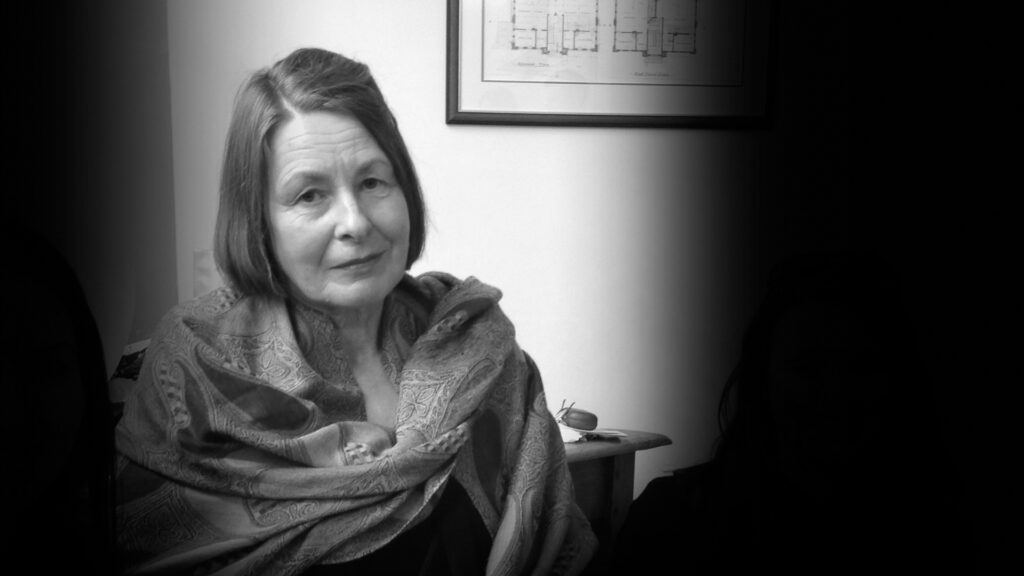Australia’s slip in world press freedom index a reminder that we need a Charter of Human Rights and Freedoms
Australia’s ranking in the World Press Freedom Index has fallen by five places in the latest annual assessment from Reporters Without Borders to 26th place behind countries such as Ireland, Uruguay, Germany, and Latvia.
Daney Faddoul, a campaigner at the Human Rights Law Centre, said recent police raids on journalists and Australia’s excessive espionage laws that threaten journalists, and secrecy laws that intimidate people that blow the whistle on government wrongdoing with lengthy jail terms, were a key factor in the downgrade.
“A thriving democracy needs an independent, free and fierce media to keep us informed about important issues and to help keep our politicians honest. This downward trend when it comes to media freedom in Australia is very concerning,” said Mr Faddoul.
Norway, Finland, Denmark, Sweden and the Netherlands made up the top five countries in the rankings and New Zealand made the top ten list at ninth spot. China, Eritrea, Turkmenistan and North Korea were ranked worst in the world.
The Human Rights Law Centre supports the calls from the journalists union, the Media Entertainment and Arts Alliance, as well as the Right to Know Coalition, for laws to protect journalists reporting in the public interest and the whistleblowers that reveal the truth the public has a right to know.
Mr Faddoul said Australia also needs a broader legal reform to better protect everyone’s rights. He said it was time to create an Australian Charter of Human Rights and Freedoms.
“A Charter of Human Rights and Freedoms is about ensuring government laws, policy and decision making is always guided by values like fairness, dignity, respect and compassion. A Charter also provides people with a powerful tool to challenge injustice or take action if their rights are violated,” said Mr Faddoul.
Australia’s fall in the World Press Freedom Index follows a similar fall in a World Democracy Ranking last year by a global alliance of human rights organisations.
“Democracy is not a spectator sport. If we don’t tend to the systems we use to have productive policy debates and solve our problems, then slowly but surely our standards will continue to slip,” said Mr Faddoul.
Our lives are better when we all treat each other with respect & compassion. We need to create an Australian Charter of Human Rights & Freedoms to ensure the values we all share – like fairness & equality, are properly protected in our laws. Sign up here https://t.co/jmev8wmNTw
— Charter of Rights (@RightsCharter) December 16, 2019
For further comments, contact Tom Clarke, HRLC Director of Campaigns on 0422 545 763.

Legal challenge filed against Tasmanian Parole Board’s decision to gag free speech
The Human Rights Law Centre has filed legal proceedings on behalf of Tasmanian grandmother, Susan Neill-Fraser, to challenge a restrictive parole condition placed on her by the Tasmanian Parole Board seeking to limit her ability to speak to the media.
Read more
University of Melbourne urged to drop repressive anti-protest and surveillance policies
The University of Melbourne is being urged to abandon policy changes that restrict staff and students’ right to protest and permit the widespread surveillance of people using their wifi network.
Read more
Expanded protections for marginalised groups welcomed in Allan Government’s anti-vilification laws
The Human Rights Law Centre welcomes the additional protections for marginalised groups in anti-vilification laws passed today by the Allan Government. These laws expand protections from vilification to include people from LGBTIQA+ and disability communities, and provide communities with important civil law avenues to address vilification.
Read more


